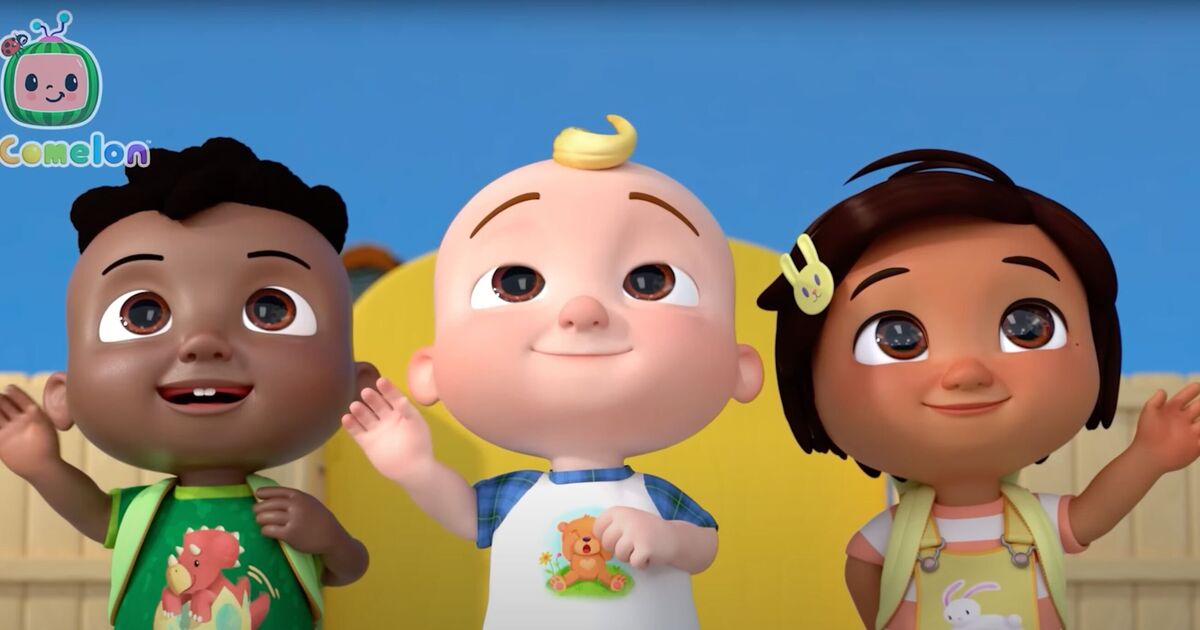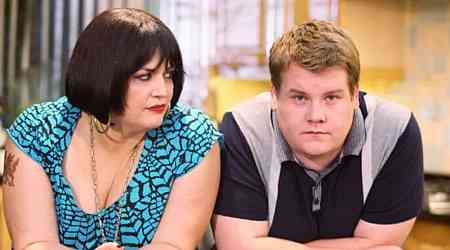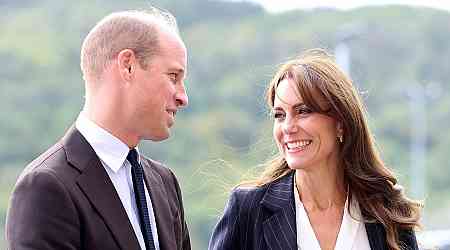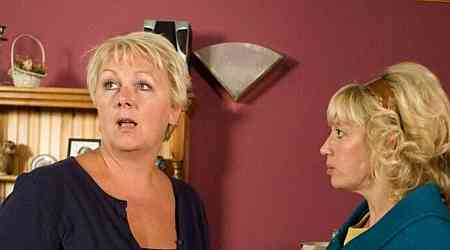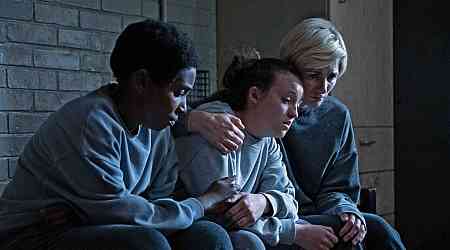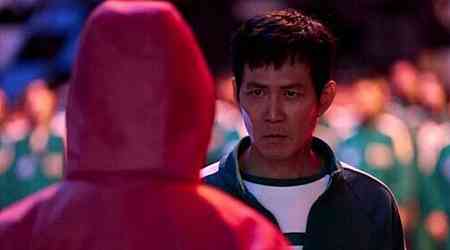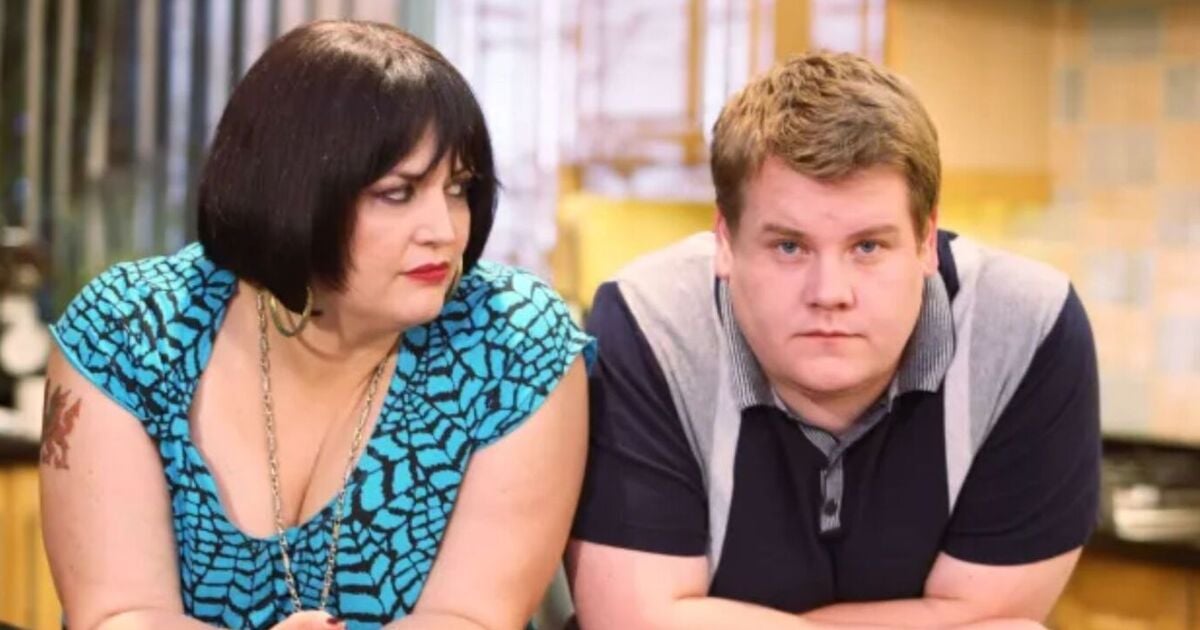
The second-most viewed YouTube channel in the world, CoComelon, immerses pre-school children in its animated content by changing the scene every two or three seconds.
Disturbingly, that is similar to the frenetic visual pace of an adult fight sequence.
The online channel, which has 187 million subscribers worldwide, specialises in video nursery rhymes and children’s stories.
Its content targets tots as young as one.
Although such rapid scene transitions have been shown to keep young children highly engaged, their increasing use comes at a time when more than 20% of children aged eight to 13 are estimated to be suffering from a mental health disorder, with experts suggesting that hyperstimulation of children’s developing minds is contributing to this.
Last week Liberal Democrat peer Baroness Floella Benjamin, 75, known to millions as a former host of classic BBC children’s TV shows Play School and Play Away, addressed her concerns about the rise in social media video usage by children during her guest-editorship of BBC Radio 4’s Today programme.
Lady Benjamin, who has previously warned that this shift in children’s viewing habits will be “detrimental” to the future of British young people, told the programme that children’s television is “in crisis” and “turmoil”.
Restating her mantra that “childhood lasts a lifetime”, she discussed the issue with guests including Culture Secretary Lisa Nandy who warned that young people are less likely to see programmes which provide “emotional and mental wellbeing” development, as they increasingly choose online platforms.
Now singer turned child mental health activist, author and counsellor, Lily-Jo, is urging the BBC to help heal the mental health crisis in our nation’s children.
“I want to see the BBC leverage its influence to positively impact children’s mental health by creating dedicated mental health programming,” she says.
“We need curated content that is safe for children, and which gives peace of mind to parents.
We need new shows that feature positive real-life stories and role models.
Above all, we need age-appropriate content that incorporates mental health coping skills, creative thinking and emotional regulation. These are essential for brain development.”

Lily-Jo, 41, is the author of Talking to Children about Mental Health, a practical guide helping parents navigate the changing face of childhood.
“As the parent of two children, a son in his late teens and a tween daughter, I understand first-hand the struggle that devices have brought into our family life, and the balance of what to allow,” she says.
Today, television is competing with free content available to children on social media platforms such as TikTok, including potentially damaging amateur uploads.
Patricia Hidalgo, director of BBC Children and Education, accepts that children no longer turn on traditional TV stations when they return home from school.
“I’m often asked if children are watching TV anymore, and the truth is they are, but not in the same way we all remember from our childhoods. There is a constant battle for their attention with online streaming and social media,” she says.
“Without wider intervention, we risk losing a generation’s connection to British culture and storytelling. Our strategy is to be where young audiences are and we are trialing new ways to meet our audience.”
Over the past four years, the national broadcaster has doubled the audience for children’s content on iPlayer, amassing over 1.3 billion total viewing hours.
“We are launching curated live streams on YouTube for the CBeebies audience and in immersive spaces like BBC Wonder Chase on Roblox, where children can interact with their favourite BBC characters.
“We know young children are there and that their parents trust content from the BBC,” Hidalgo continues.
Last year, the BBC produced 350 hours of new content for children aged one to 12, with over 60 titles commissioned for CBeebies, CBBC and BBC iPlayer.
“We remain one of the few providers creating original, culturally relevant content specifically for children across the UK.
But despite our continued efforts, the broader children’s media landscape is in decline and there is a huge challenge facing the children’s TV industry,” adds Hidalgo.
“The disappearance of commercial children’s TV channels and the loss of EU funding for kids’ programming has created a vacuum that public service broadcasters alone cannot fill.
“This lack of market competition and investment means that much of the content consumed by children today is not made for them.”
A spokesperson for Moonbug, which makes CoComelon, told the Express: “When parents choose our shows for their children to watch, it’s a responsibility we take seriously. A great deal of craft, care and educational expertise goes into making our shows enjoyable, safe and enriching.
“We also consult with academic experts and review children’s media literature as we strive to make our shows a positive factor for children and their parents.”
Around two-thirds of content watched by children on BBC iPlayer is specifically created for them, compared with just a third on major streaming platforms.
Worryingly, TikTok is now the most popular social media platform for children aged four to 18, with 50% of them accessing on-demand video of often dubious merit, despite being a strictly 13-plus platform.
“Life was a lot slower when I was growing up,” says Lily-Jo.
“We’d watch Neighbours at 5.30pm – one of only four options at that specific time – and then sit down together for a family meal. It sounds idyllic, doesn’t it?
And is worlds apart from what we experience today with children in their bedrooms watching different things while mum and dad are on their laptops."
“In contrast, TV encourages families to sit down together and gives children an opportunity to ask questions about the shows they are sharing.”
It is recommended that children aged between six and 12 should have no more than two hours of screen time per day: exposure to over-stimulating content is now a big concern.
“At some point, children’s television stopped being about the nourishment of children and turned into a battle to keep their attention,” says James Donovan, 20, who is studying a degree in music composition for moving images.
“In the past, there was a lot more value in the messages and more effort invested in making a statement about what really matters.
There was also more emphasis on orchestral music in children’s television, and this definitely did something creative to me as a kid.”
Pre-eminent in the lost and richly creative approach to children’s television was Oliver Postgate, the legendary animator who died in 2008.
Together with artist and puppeteer Peter Firmin, who died in 2018, the duo set up Smallfilms and created much loved classics including The Clangers, Ivor the Engine and the loveable saggy old cloth cat, Bagpuss, which was axed by the BBC after just 13 episodes.
Yet in 1999 a poll by the corporation found it was the nation’s all-time favourite children’s television programme.
Daniel Postgate, the animator’s son, said last year: “[The BBC] were moving into a new sort of zoomy sugary programme. It seems to me that they probably weren’t correct about what children wanted. I think as the programmes have endured so long, the BBC might be wrong about the lack of appeal.”
Lily-Jo adds: “We are in an age of hyper-connectedness. And it remains deeply concerning that children can access harmful and dangerous content in the palm of their hand. What they are watching matters.”
- Talking to Children About Mental Health by Lily-Jo (SPCK, £10.99) is out now. Visit expressbookshop.com or call Express Bookshop on 020 3176 3832. Free UK P&P on online orders over £25


















